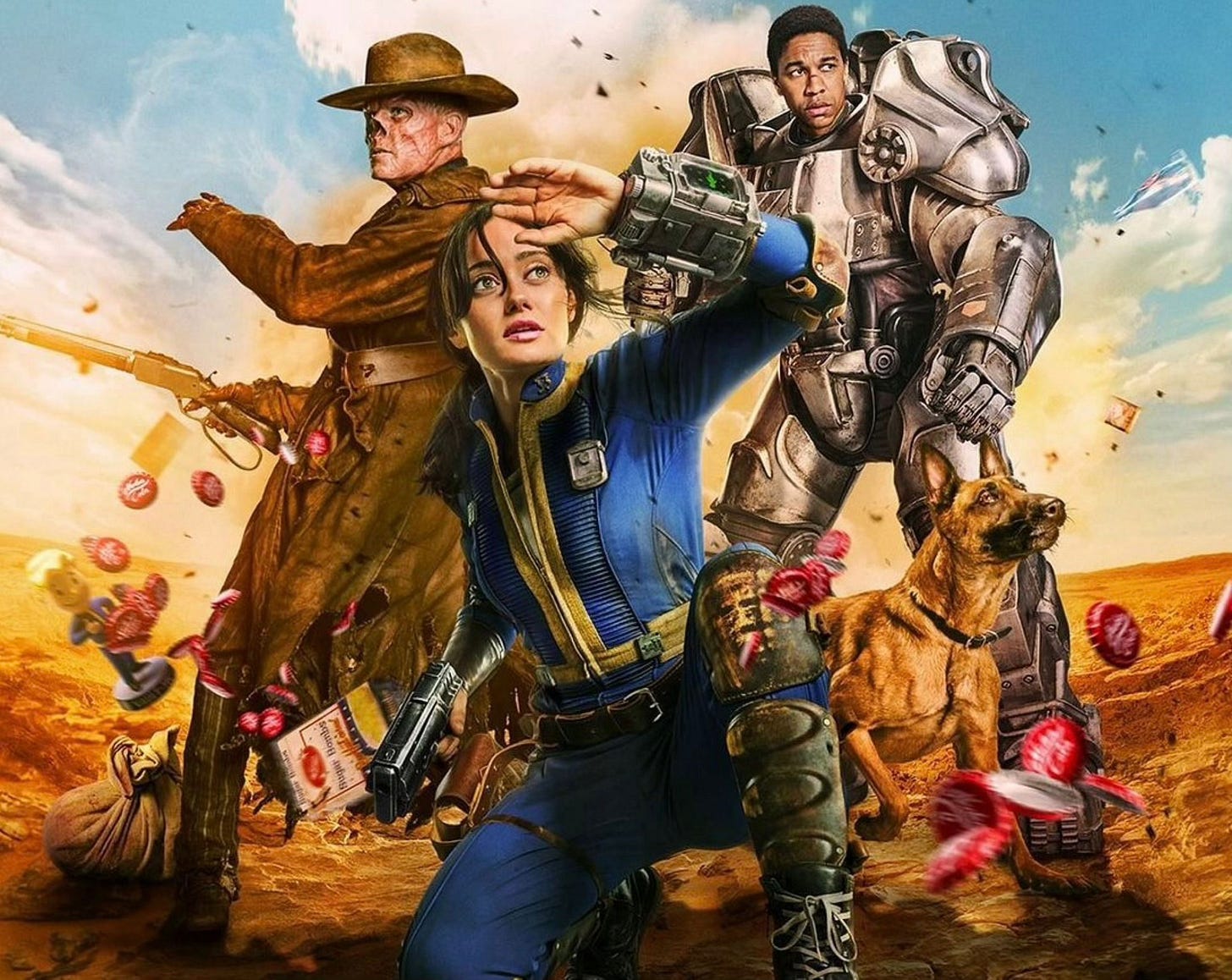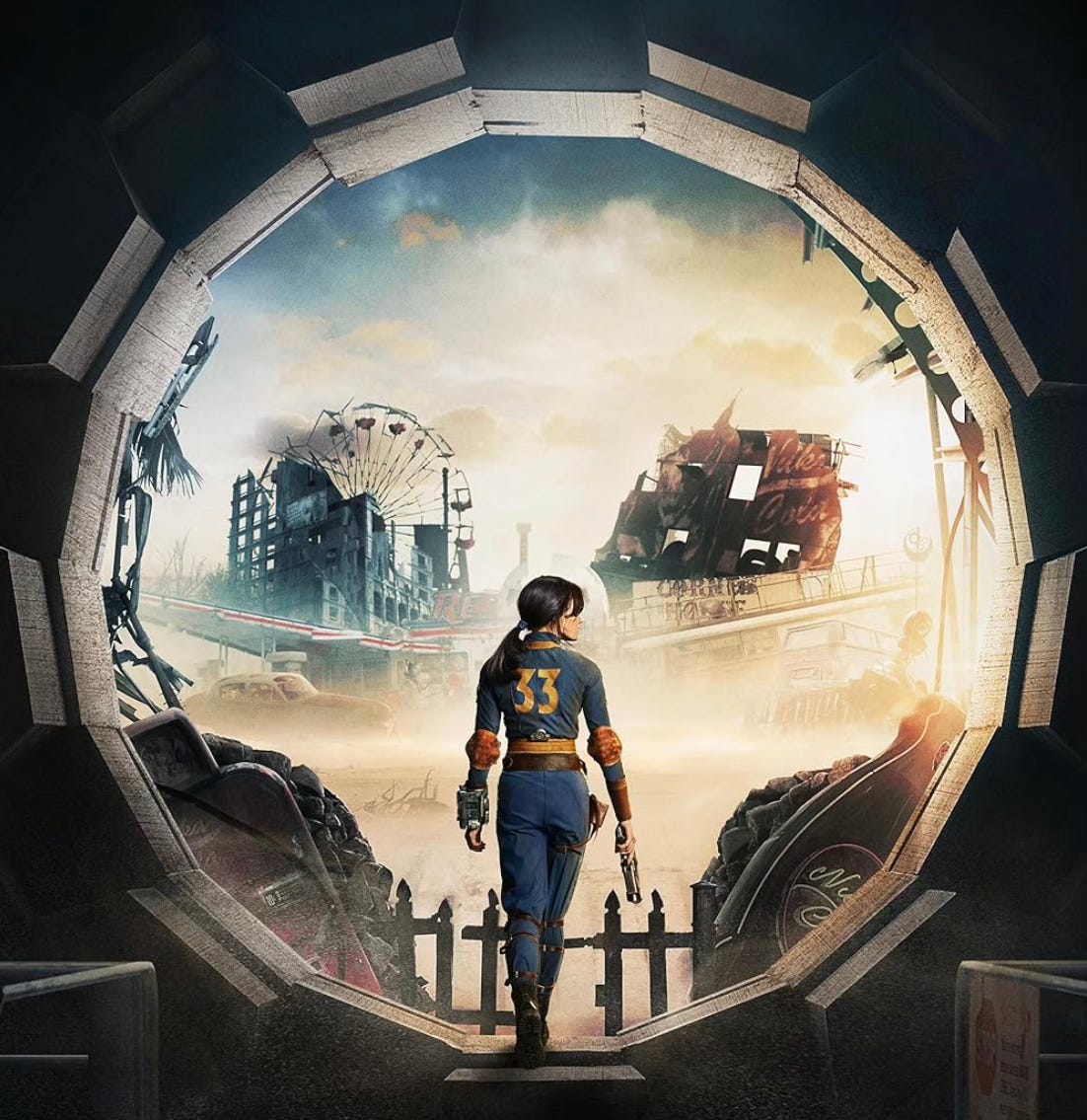A bit of housekeeping before we get to the actual post …
After close to two years on this platform, I’ve finally activated paid subscriptions, but nothing is really changing. All posts are still free. I’ll eventually paywall some of the fiction, but that’s a while off, and I don’t see myself ever paywalling the commentary. For now, paid subscriptions are simply optional patronage—a way to offer financial incentive for me to keep at this. I’ll keep going for a while regardless, but the extra support would certainly be appreciated.
No pressure to pay, and no worries if you want to pay for a short period of time and then cancel. Basically, I’ll expect to have zero paid subscribers, and I’ll be pleasantly surprised and appreciative any time I’m above zero.
The “Subscribe” buttons may start saying “Upgrade to paid,” but I won’t get pushy beyond that.
If you would like to send a small tip my way but don’t want to sign up for a paid subscription, I’ve also set up an account at Buy Me a Coffee, where you can chip in roughly the amount of a cup of coffee or two as a financial “attaboy.” Again, it’s never expected but always appreciated.
Another option, of course, is to please consider purchasing my novels, The Flying Woman and The Silver Stranger. Then you actually get something tangible for your money (if you go with the paperback editions).
Even if you choose not to pay or are unable to, I still tremendously appreciate you taking the time to read these posts and stories.
All right, thank you for indulging me. With that unsavory business out of the way, here are various thoughts about a video game adaptation …
‘Fallout’ Is Like a Good Comic Book
Video games make for surprisingly fun television. I would not have guessed that, but here we are. Last year, HBO Max’s The Last of Us won me over, and now Amazon Prime has succeeded with the first season of Fallout.
Whereas The Last of Us offers a gritty, grounded depiction of a post-apocalyptic world, Fallout offers a far more colorful, idiosyncratic depiction of a post-apocalyptic world. (By the way, why do video games keep destroying civilization?)
Developed by Geneva Robertson-Dworet and Graham Wagner, the show Fallout combines that special spark of unique creativity with sufficient restraint to hold everything together. It’s just bonkers enough.
The series opens in a retro-futuristic America. It’s like the 1950s but with a touch of The Jetsons. And then the nukes detonate.
A couple hundred years later, people are living in underground bunkers, and that’s where we meet our protagonist, Lucy MacLean (Ella Purnell). She lives in Vault 33, an idyllic community where everyone is raised on good ol’-fashioned American values. Lucy is relentlessly positive despite—or perhaps because of—her sheltered existence.
But when her father (Kyle MacLachlan) is kidnapped, Lucy must venture out into the harsh surface world to rescue him. It’s basically Bizarro Taken.
Up there, residual radiation is gradually turning people into zombie-like “ghouls” and transforming animals into outlandish monsters. Life on the surface is nasty, brutish, and bloody, oh so bloody.
Lucy is the perfect protagonist to navigate this territory. She starts out totally naïve and innocent, which Purnell’s big Disney eyes help sell. She’s the sort of person who says things like “golly” and “okey dokey,” and her father is basically her best friend. She struggles to fight off disillusionment and hold onto her values among all the death and dismemberment, and each successive “okey dokey” acquires a new inflection, reflecting how the world changes her.
The other two main characters already live up there. Maximus (Aaron Moten) aspires to join a group of mecha knights. Yes, this dystopia has mecha knights. Then there’s the Ghoul (Walton Goggins), a former cowboy actor who has somehow managed to stave off the full effects of radiation for two centuries. The Ghoul serves as the link between past and present; he represents a changed world in human form. Or near-human form.
The show eventually explores why the world has become this way. Contemplating the end of civilization can easily lead to preaching, but the writers avoid that. The scripts include some concerns about capitalism run amok, for instance, but nothing comes across as an anti-capitalist screed, just “This is how things might go too far,” which is a legitimate starting point for any science fiction.
Fallout never takes itself too seriously and never loses sight of its top priority: to entertain. The characters remain the focus throughout. Humorous moments pop up when appropriate. There’s zero pretense of realism, but there’s no runaway anarchy either. The series depicts a heightened, stylized reality, and it does so in such a consistent manner that it feels authentic.
It’s just a fun time within the classic hero’s journey framework, with the occasional severed head thrown in.
I couldn’t tell you how faithfully it adapts the video game. I much prefer to spend my quarters on X-Men or Ninja Turtles or perhaps blow into a cartridge to revisit my old pal Mario, so any Easter eggs from Fallout the game were lost on me.
Fallout the show, however, has the look and feel of a good comic book, one drawn in a distinct and appealing style. Not a superhero comic, but more like an Image creator-owned sci-fi comic that’s allowed to roam freely through R-rated territory.
Though the video game connection means nothing to me, comparing it to a comic book is one of the highest compliments I can give it.






To me, the show perfectly captures the essence and the feel of the games. They have the same message about capitalism and corporate greed. I know not everyone feels the same though.